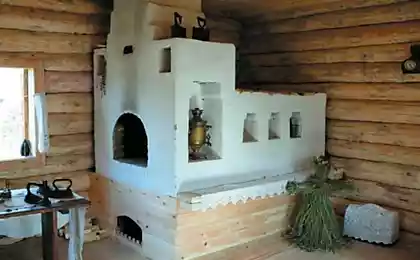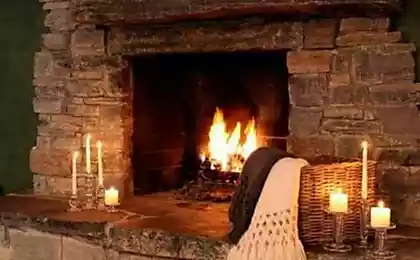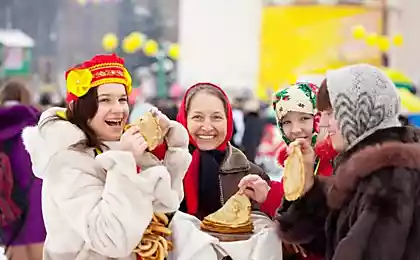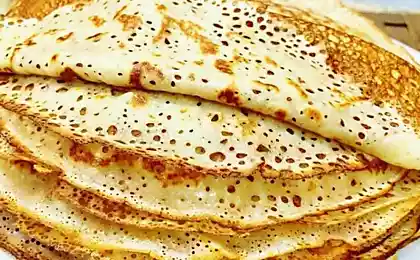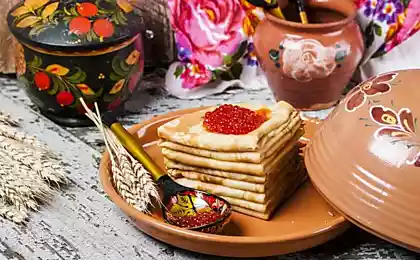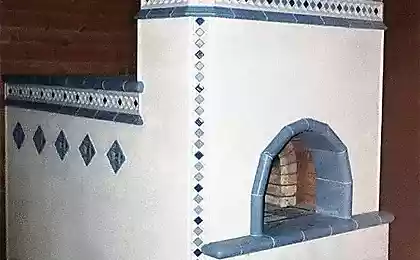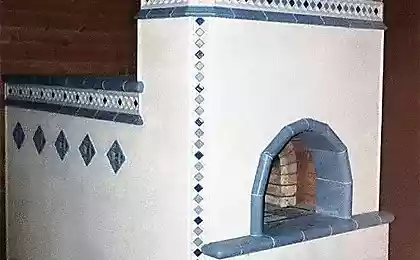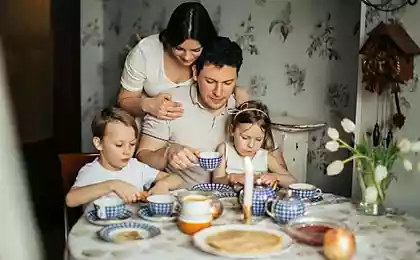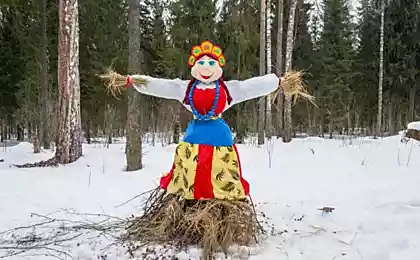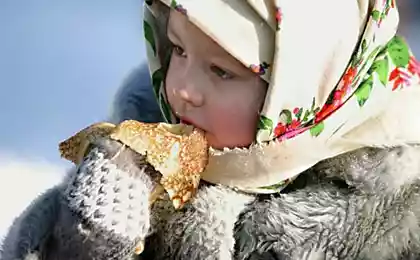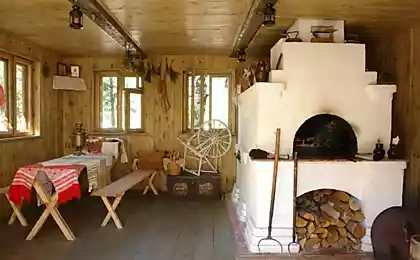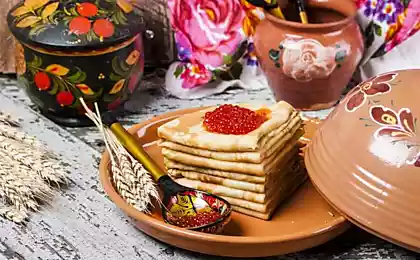202
When to start baking pancakes on Maslenitsa in 2021
Winter is rich in different holidays. Among them are not only New Year, Christmas and All Lovers Day, but also the good old holiday of Maslenitsa. From what date does Maslenka begin? How to celebrate this holiday, we will talk in this article.
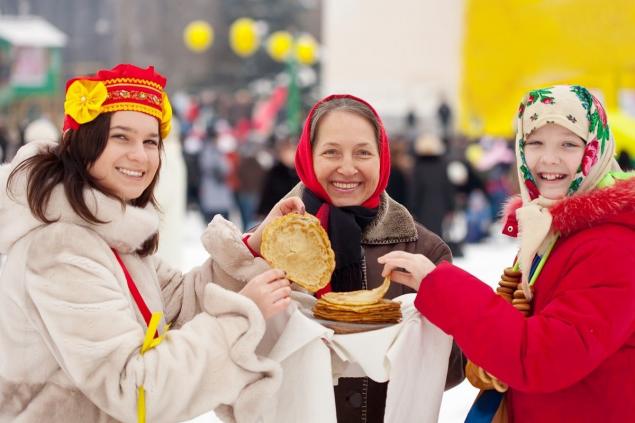
On what date does the carnival begin? Maslenitsa is popularly called “cheese week”. This event is celebrated for seven days, each of which has its own name and purpose. In addition, Maslenitsa precedes the Great Lent. Orthodox Christians do not eat meat this week, but have not yet given up milk and cheese. And, of course, the most important tradition is to bake pancakes on Maslenitsa.
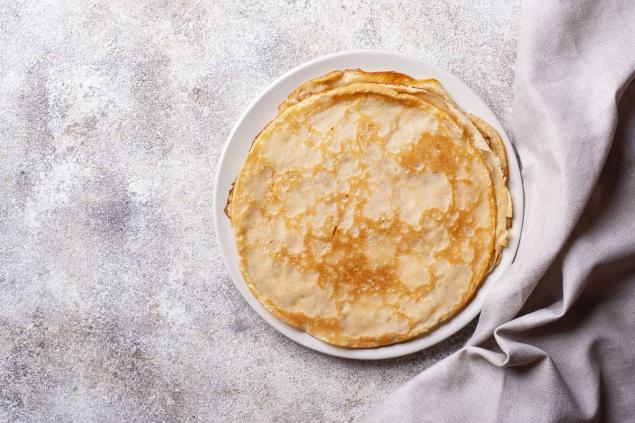
Why pancakes and not cakes for example? All because the history of the holiday goes back to pagan times. It was believed that with each piece of food, a person receives the energy of the sun. The shape of a pancake is a circle that is a symbol of eternity. Water and flour symbolize life and rebirth. As you can see, Maslenitsa is not an easy holiday, as it may seem at first.
How is Maslenitsa celebrated? According to all traditions, the holiday begins on Monday. Housewives bake pancakes, go to each other's houses. On the same day, the masters make a special stuffed animal, which at the end of the Shrovetsa is burned on a ritual fire. Then Tuesday - this day is popularly called "looks". The grooms send matchmakers to the houses of their brides and, if possible, a wedding is played on Maslenitsa.
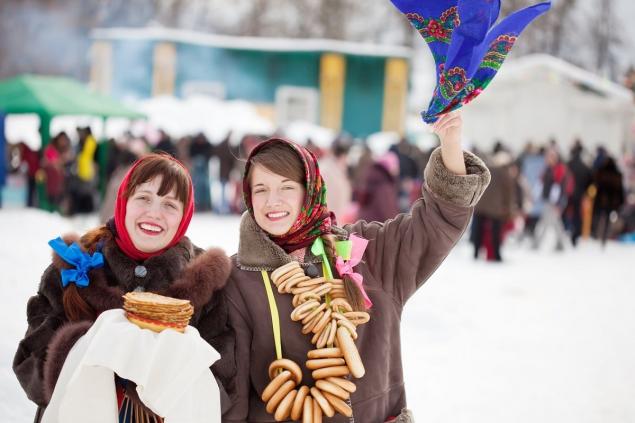
Wednesday is called “lakomka”, or “to the mother-in-law on pancakes”. On Wednesday, sons-in-law go to visit their beloved mother-in-law, and those, in turn, treat them with pancakes. When you can eat pancakes so much as not on Maslenitsa. Also on this day they say that the more beautiful the feast, the more the mother-in-law loves her son-in-law.
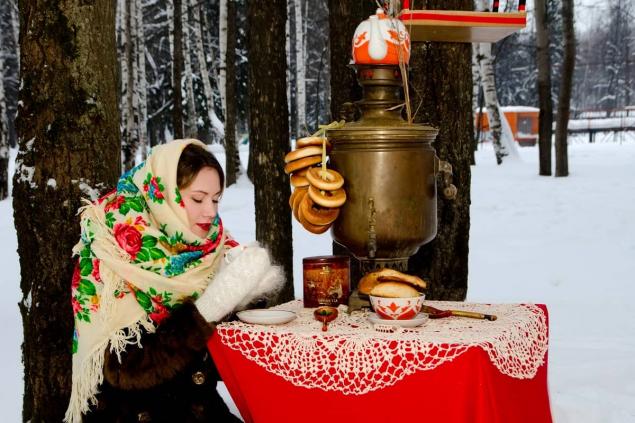
Thursday is the height of the holiday. On this day, people organize festivities, everyone goes to visit each other, treats pancakes and other dishes. Friday is the mother-in-law of the evening. The mother-in-law comes to the house of a married daughter. By the way, the wife’s mother is considered the most important guest in the house.
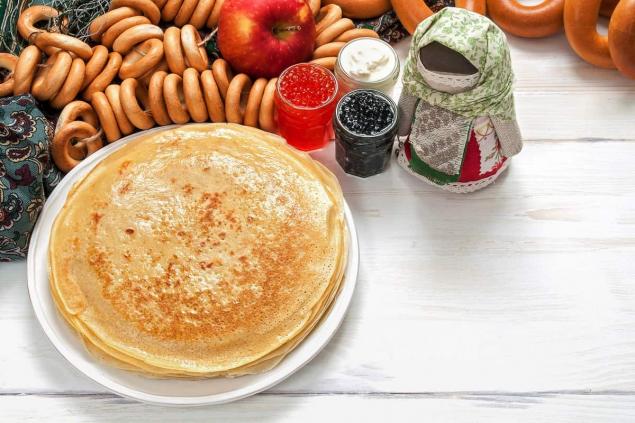
Saturday is called the day of the “dinner’s gatherings”. On this day, the wife invites her husband’s sister to her home and covers a generous, rich table. Then comes Sunday, the “forgiven day.” At the end of the week, everyone asks each other for forgiveness in order to enter the fast with a pure soul. Mass festivities are also organized, and in the evening on the central square of the settlement a stuffed one is burned. This ancient, pagan custom is a kind of symbol of getting rid of misfortunes and saying goodbye to winter.
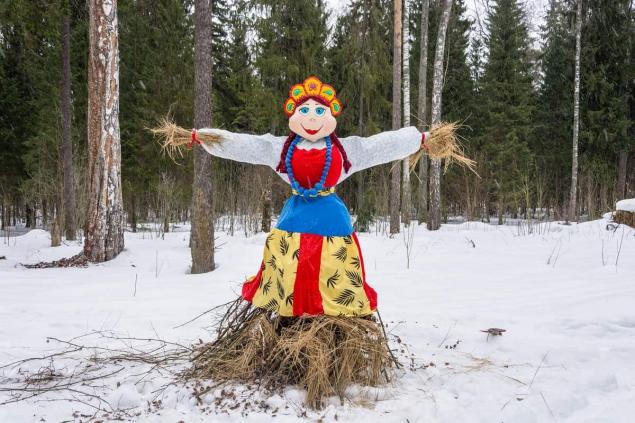
When it comes, the Maslenitsa is celebrated seven weeks before the Bright Resurrection of Christ. This year’s Resurrection holiday falls on May 2, which means that the Oil Week begins on March 8. Just coincides with International Women’s Day, so most likely, the pancakes will begin to bake a man. Maslenitsa will last until March 14 - the holiday will end, and spring will come. Are you going to bake pancakes on Shrovet? Share your favorite recipe in the comments!

On what date does the carnival begin? Maslenitsa is popularly called “cheese week”. This event is celebrated for seven days, each of which has its own name and purpose. In addition, Maslenitsa precedes the Great Lent. Orthodox Christians do not eat meat this week, but have not yet given up milk and cheese. And, of course, the most important tradition is to bake pancakes on Maslenitsa.

Why pancakes and not cakes for example? All because the history of the holiday goes back to pagan times. It was believed that with each piece of food, a person receives the energy of the sun. The shape of a pancake is a circle that is a symbol of eternity. Water and flour symbolize life and rebirth. As you can see, Maslenitsa is not an easy holiday, as it may seem at first.
How is Maslenitsa celebrated? According to all traditions, the holiday begins on Monday. Housewives bake pancakes, go to each other's houses. On the same day, the masters make a special stuffed animal, which at the end of the Shrovetsa is burned on a ritual fire. Then Tuesday - this day is popularly called "looks". The grooms send matchmakers to the houses of their brides and, if possible, a wedding is played on Maslenitsa.

Wednesday is called “lakomka”, or “to the mother-in-law on pancakes”. On Wednesday, sons-in-law go to visit their beloved mother-in-law, and those, in turn, treat them with pancakes. When you can eat pancakes so much as not on Maslenitsa. Also on this day they say that the more beautiful the feast, the more the mother-in-law loves her son-in-law.

Thursday is the height of the holiday. On this day, people organize festivities, everyone goes to visit each other, treats pancakes and other dishes. Friday is the mother-in-law of the evening. The mother-in-law comes to the house of a married daughter. By the way, the wife’s mother is considered the most important guest in the house.

Saturday is called the day of the “dinner’s gatherings”. On this day, the wife invites her husband’s sister to her home and covers a generous, rich table. Then comes Sunday, the “forgiven day.” At the end of the week, everyone asks each other for forgiveness in order to enter the fast with a pure soul. Mass festivities are also organized, and in the evening on the central square of the settlement a stuffed one is burned. This ancient, pagan custom is a kind of symbol of getting rid of misfortunes and saying goodbye to winter.

When it comes, the Maslenitsa is celebrated seven weeks before the Bright Resurrection of Christ. This year’s Resurrection holiday falls on May 2, which means that the Oil Week begins on March 8. Just coincides with International Women’s Day, so most likely, the pancakes will begin to bake a man. Maslenitsa will last until March 14 - the holiday will end, and spring will come. Are you going to bake pancakes on Shrovet? Share your favorite recipe in the comments!
How to attract luck on the “mirror” date of February 12 and what you should not do
Bachelored Europeans don't build square houses in the north, and it's time to come to our senses
